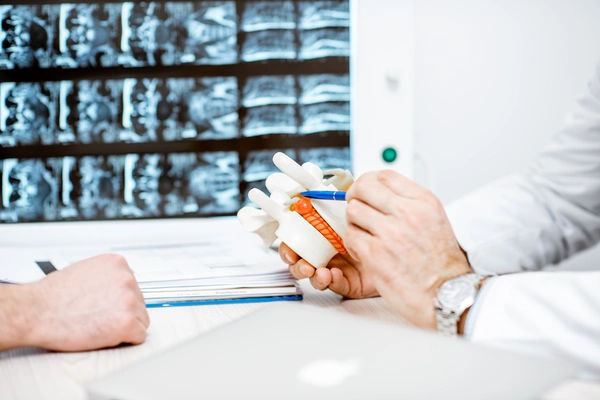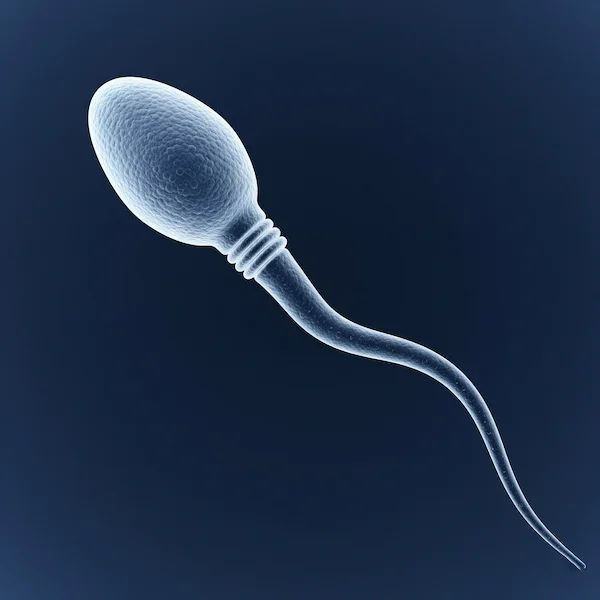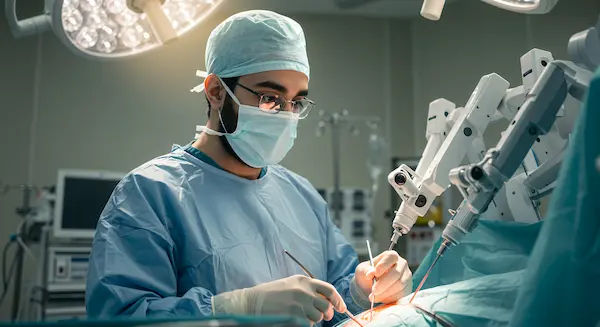- Male
- 30 Years
- 14/08/2025
I've been diagnosed with a very small reducible hernia and bilateral hydrocele. Should I consider surgery for this or are there other treatment options? I'm a bit worried about whether this needs immediate attention or if I can manage it without an operation. What would you recommend?
Answered by 1 Apollo Doctors
Hydroceles can call for surgery if they cause symptoms, become large or continue to show changes in size by about a year of age. If the hydrocele is "non-communicating," meaning there is no related indirect inguinal hernia, the hydrocele sac is taken out, often through an incision in the scrotum.
Dr. Kamran Suggests...
Consult a Urologist
Answered 14/08/2025
0
0

More Urology Health Queries
View allI have a 4mm stone in my left ureter and I'm worried if it can pass on its own or if I'll need surgery. Right now I'm taking Drotin M for the pain but I'm not sure what to expect next. Can you help me understand my options?
A 4mm stone in the ureter can sometimes pass on its own, but if it doesn’t, surgery may be needed. Drotin M can help with pain management, but follow up with your doctor for further treatment options.
Answered by 1 Apollo Doctors
I have a 9.5 mm stone in my right kidney and a 4.5 mm one in the left can these pass naturally or do I need meds to help break them down? Really hoping to avoid surgery if possible.
Stones under 5 mm often pass naturally; 9.5 mm may need lithotripsy or stenting. Hydration, tamsulosin, and pain control are important until reviewed by a urologist.
Answered by 1 Apollo Doctors
I have a small hydrocele on the right side and my skin opening is very tight, making it painful to pass urine sometimes I even cry from the discomfort. Is surgery needed for this? Do you offer treatment for this at your clinic?
A hydrocele with urinary discomfort and tight skin may need evaluation.Surgery could be necessary if symptoms persist.Consult your doctor for treatment options.
Answered by 1 Apollo Doctors
Disclaimer: Answers on Apollo 247 are not intended to replace your doctor advice. Always seek help of a professional doctor in case of an medical emergency or ailment.





.webp)